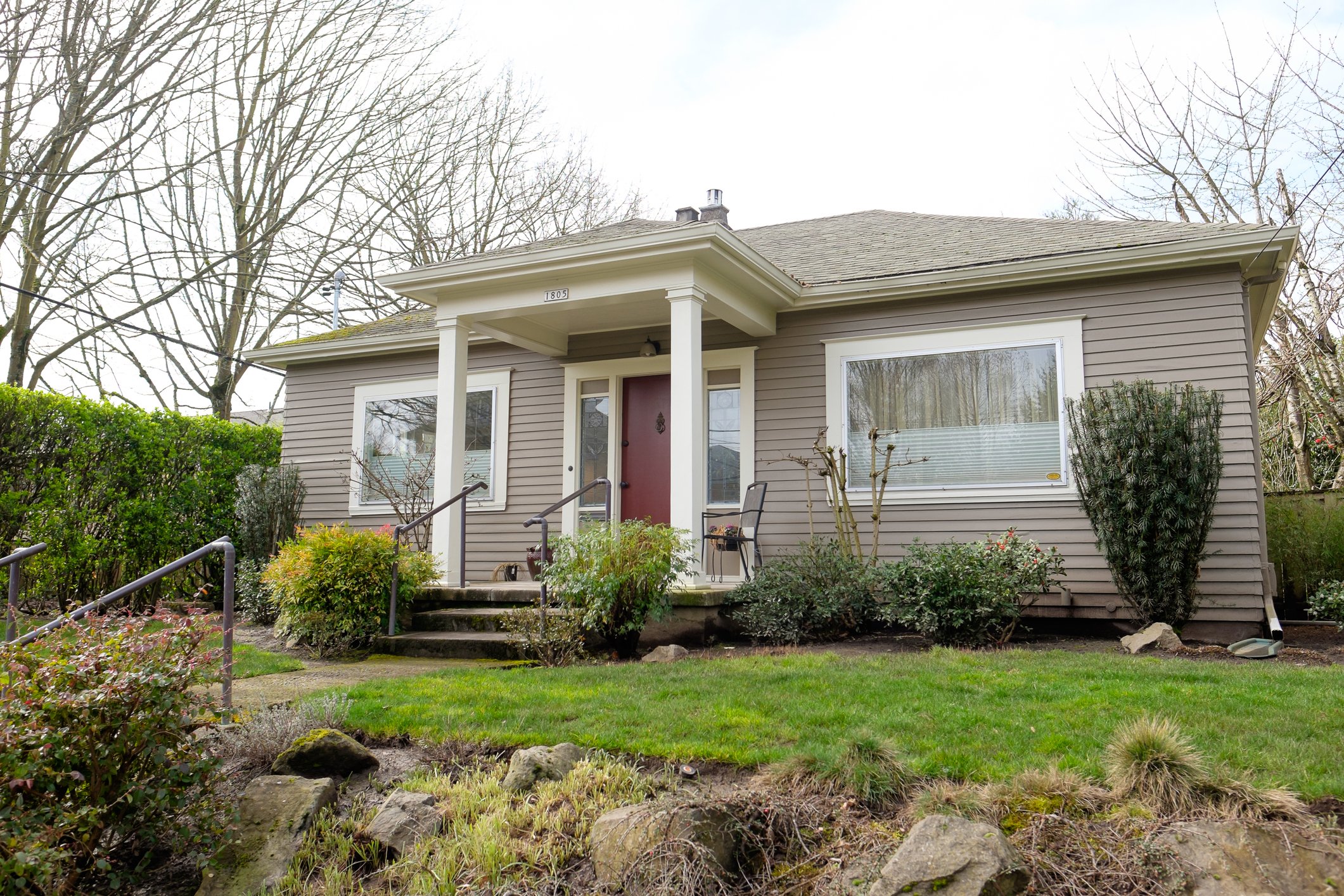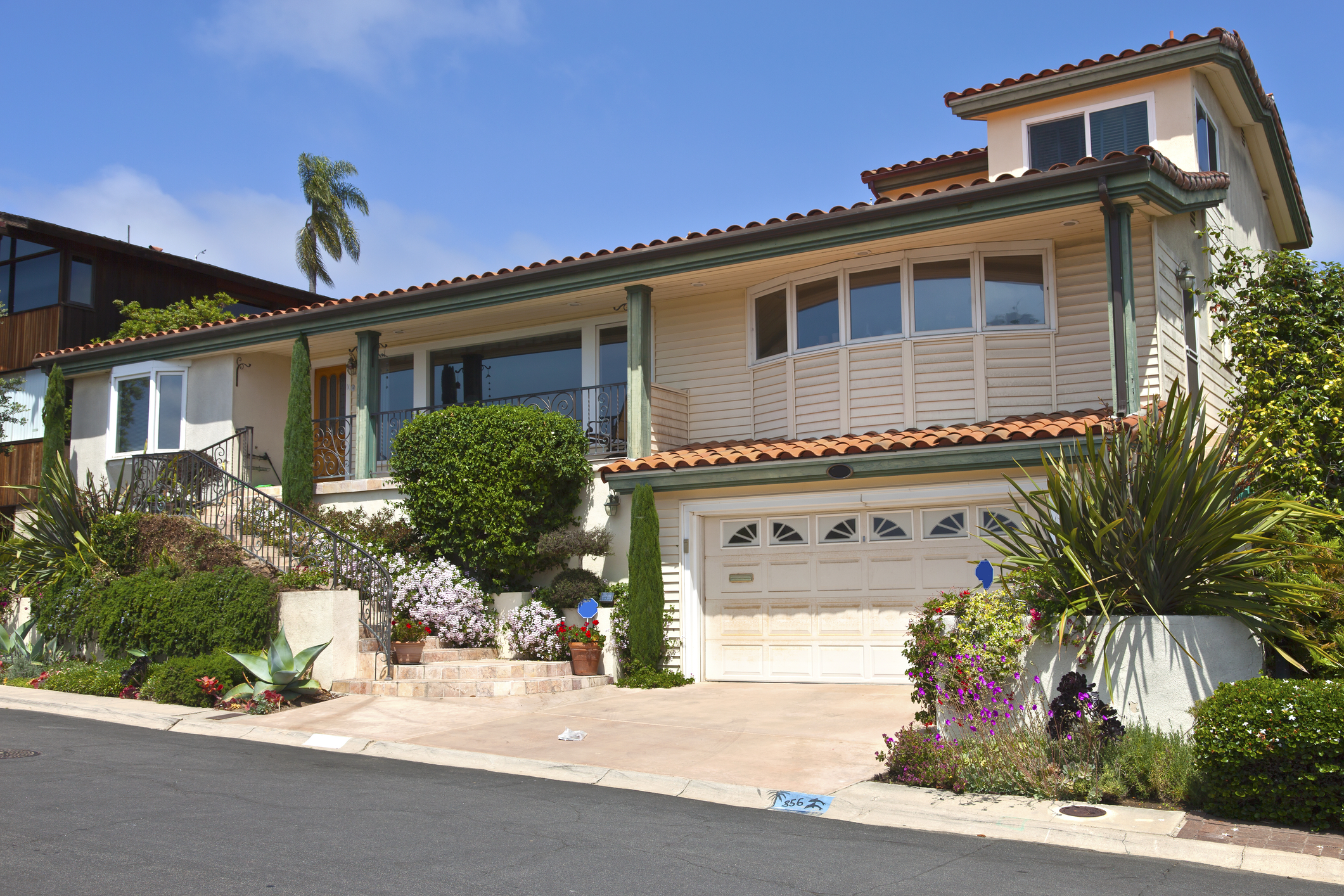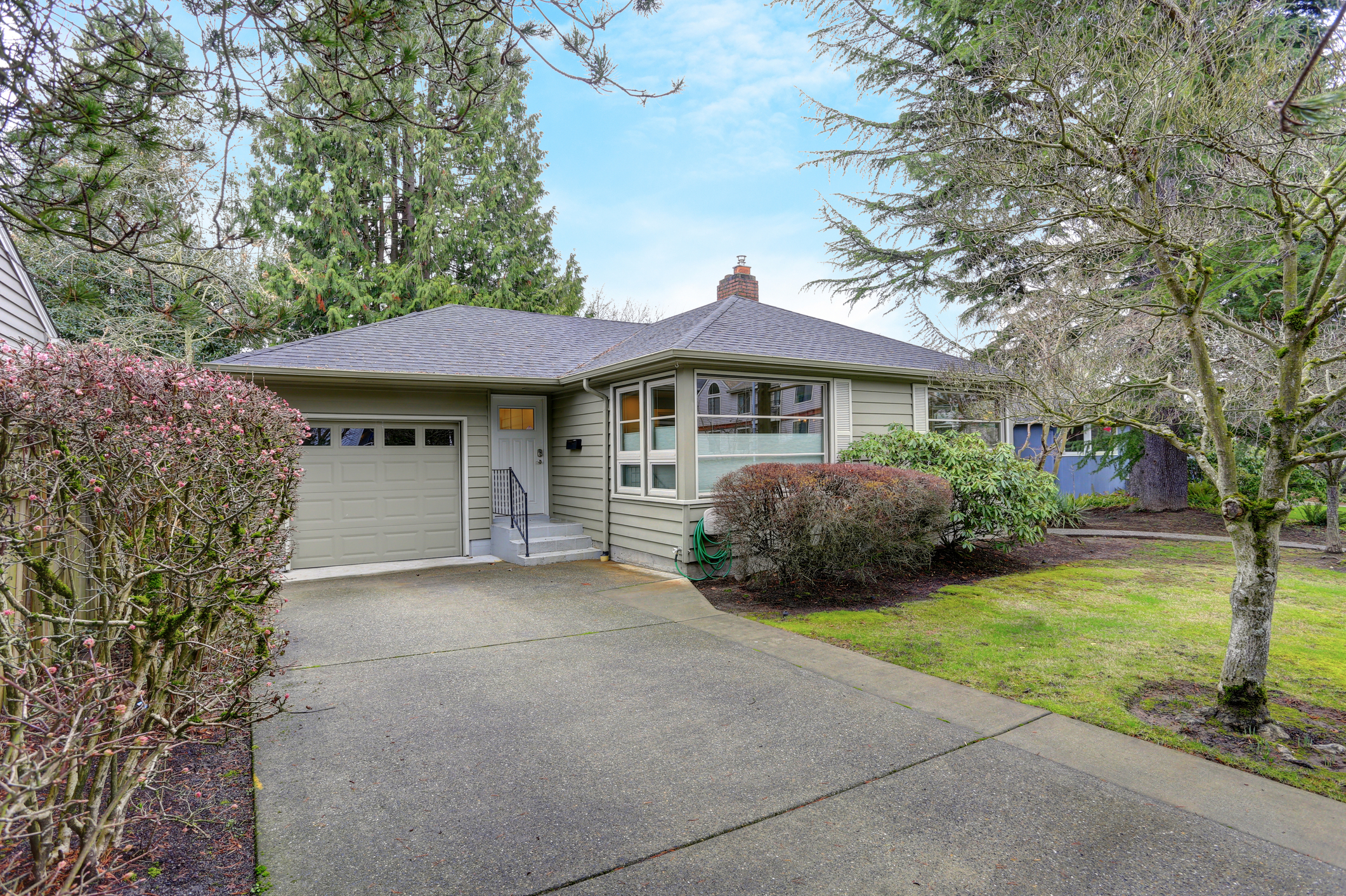Does FCTD Offer Hard Money Second Mortgages for Divorce Settlements?
No, FCTD does not offer hard money second mortgages to satisfy divorce settlements. These are considered consumer purpose loans, for personal and...
4 min read
 Ted Spradlin
:
Sep 2, 2023 1:41:09 PM
Ted Spradlin
:
Sep 2, 2023 1:41:09 PM

If you're seeking a hard money second mortgage to cure the foreclosure action on the owner-occupied first mortgage secured by your primary residence, First Capital Trust Deeds (FCTD) CANNOT do this loan. FCTD doesn't originate consumer purpose hard money second mortgages for personal or household use.
Our focus is business purpose hard money lending for investment or actual business purposes — like a homebuilder taking out a mortgage to build a spec home or a business owner using a 12-month bridge loan to invest in their business.
In fact, most hard money lenders don't offer consumer purpose loans — let alone foreclosure bailout second mortgages to cure the foreclosure action on a consumer’s primary residence. Nearly all hard money lenders that you’ll talk to only do business purpose loans for real estate investors or business owners, where the use of funds is earmarked for business-related real estate or capital investment.
This blog post will detail why it's next to impossible to obtain a hard money second mortgage to reinstate or bring your first mortgage current.
Securing a hard money second mortgage to cure the default on the first mortgage is next to impossible for the following reasons:
As I mentioned above, hard money lenders focus on business purpose lending rather than offer consumer purpose loans. After the 2010 Dodd-Frank Act financial regulations were enacted, strict laws went into effect to protect a consumer’s primary residence from abusive lending. These lending practices were commonplace during the subprime lending era from 2003-2007, which also led to unethical foreclosure tactics by lenders and loan servicers from 2008-2010.
The Dodd-Frank reforms established guidelines for consumer purpose and business purpose lending that required lenders to document a borrower’s ability-to-repay (ATR) on a consumer purpose loan. Business purpose loans do not have ATR requirements.
Hard money lending is really intended as short-term financing for real estate investors who need a bridge loan to buy a vacant building or fixer-upper — both examples of loans that banks won't finance. It’s not intended to finance a primary residence.
Even if a hard money lender offered a consumer purpose foreclosure bailout second mortgage (which they won’t), they’d want to document how a homeowner could afford the payment on a 13.00% second mortgage.
These questions always come up: If they're in default on their first mortgage at 4.00%, how will they afford a 13.00% second mortgage added on top? Where will the money to successfully service the debt on the new loan come from if there’s not enough income to make the payments on the first?
If you’re in this situation, these are important considerations. If the situation is untenable, you should consider alternatives, which I’ll cover in the next section.
Since it’s next to impossible to find a hard money second mortgage to cure the default or bring the first mortgage on your owner-occupied primary residence current, you’ll want to focus your time on pursuing the most effective alternatives, outlined below.
Mortgage servicers have learned a lot from the foreclosure mess of 2007-2010. Back then, loan servicers struggled to handle 10-15 million defaulted mortgages owned by numerous lenders and investors, each with varying expectations on how to manage the 6+ million foreclosures. It was less than ideal.
Dodd-Frank legislation created guidelines that helped loan servicers more uniformly process delinquent mortgages, which, along with time and a recovering economy, led to better outcomes for homeowners in default.
Today, in 2023, mortgage defaults and foreclosure starts are still at record lows, and mortgage servicers have streamlined processes for loan modifications. They’ll document your income, your hardship (death in the family, divorce, disability, etc.), and work towards a resolution to keep you in your house.
Most people don't have (or don't want to ask) a friend or family member to lend them money to cure the foreclosure action on their mortgage. One, it can feel embarrassing to admit you couldn’t afford your mortgage. Two, it can be awkward and lead to years of uncomfortable tension. Three, most people don’t have that benevolent friend or family member with a lot of cash to get them out of a jam.
I don’t recommend it, but it’s a route some people take when they’re faced with foreclosure.
If you’ve pursued all avenues and had no success with a loan modification or a personal loan from friends and family, you should consider selling your home. Most people feel attached to their home and don’t want to leave it, which is perfectly normal. But, if owning your home and struggling to afford the mortgage payments aren't possible, selling at the top of the market might offer much needed relief from the stress of being in default on your mortgage.
Some benefits to selling include:
I’m a firm believer that selling your house and putting the foreclosure process in the past can be a blessing in disguise for many borrowers. Sure, the unknowns can sometimes be scary, but they can lead to new opportunities and freedom you hadn't considered.
Conclusion
Seeking out a hard money second mortgage to cure a foreclosure on your owner-occupied first mortgage is nearly impossible. Hard money lenders largely don't offer consumer purpose loans for household or personal use — they instead focus on business purpose lending to real estate investors and business owners.
Instead of looking for a hard money second mortgage, a homeowner in default on the first mortgage on their primary residence should pursue a loan modification from their current lender or borrow money from family or friends. If those aren’t options, you're best route may be selling the house and getting out from the mortgage debt. You never know, it may lead to a new opportunity that will emerge when you can free your mind from the daily stress of being in foreclosure.

No, FCTD does not offer hard money second mortgages to satisfy divorce settlements. These are considered consumer purpose loans, for personal and...

FCTD has a minimum loan amount of $150,000 and will not consider a $20,000 hard money second mortgage. Smaller loans are often more time-consuming,...

If you’re a real estate investor or business owner seeking fast financing using your primary residence as collateral, this article covering the five...